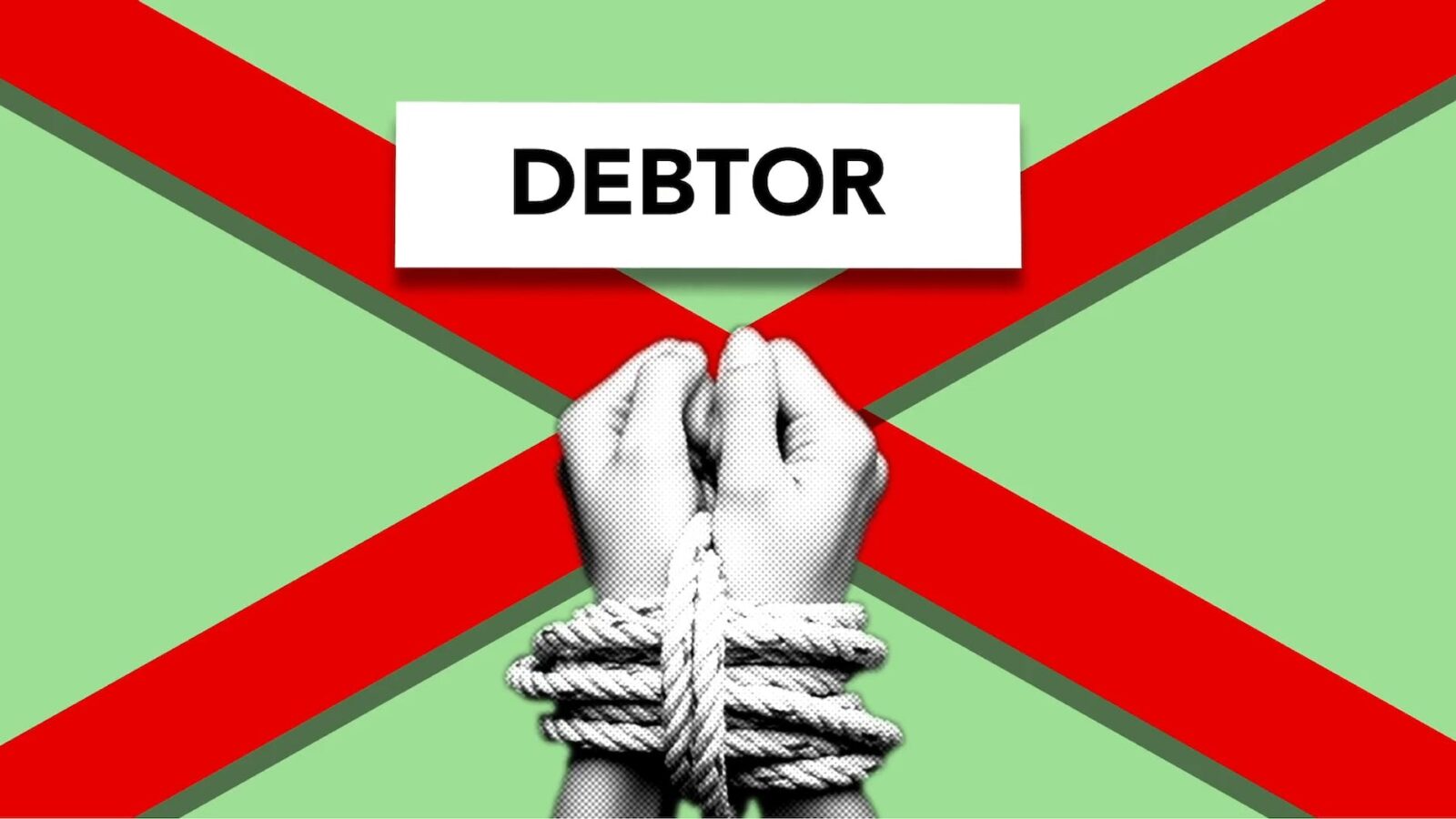
Abel Merawi is from Addis Ababa. He is an English…
Part III: Economic Bondage
When the people cry for economic relief, the leaders speak of ethnic solutions. When despairing farmers require modern technological solutions, the leaders disguise it as racial inequality. The youth demand employment while leaders preach regional separatism. Without identifying the root of economic problems, we cannot begin to solve them. The individual, who is born free, faces the difficulty of even properly identifying and formulating one’s demands. It goes without elaborate discourse that individual freedom is an illusion without economic freedom. Let us be bold enough to admit that Ethiopians have economic agendas but certainly not ethnic or racial agendas. However, the incessant false doctrine of leading and opposing ‘politicians’ attempts to create it.
Freedom comes with a choice and is accompanied by responsibility. Such freedom comes with preliminary conditions. These conditions include an education that sparks the seeking mind; a political realm that furnishes or, at least, tolerates freedom of expression; the availability of basic public infrastructures; and an economic model that gives hope of shifting from rags to riches.
Poverty is a barrier between the individual and freedom. In poverty, the constant chase after basic needs hinders vision and volition. It is near impossible to exercise freedom when you don’t know where or how your next meal comes. It is difficult for parents to accomplish their dreams when providing rudimentary needs of their children is a huge task. The fresh graduate couldn’t become an entrepreneur while still dependent on aging parents who require the child’s support. At school, it is difficult for an economically struggling teacher to inspire students on the value of education. In these and more ways, poverty constrains our physical and mental movement.
As the expression goes, ‘No (hu)man is an island.’ Our birth is welcomed by citizenship. Accordingly, our freedom is stretched or narrowed by the political and economic system of the country and the citizenry we are a part of. To expound on the meaning of economic bondage in Ethiopia, we shall begin with a discussion regarding the nation’s political and economic situation. Politically speaking, Ethiopia is threatened by ethnic violence among the supposedly dominant groups. Verily, the unity of people is indispensable for economic growth. The recent violent mob protests and the diabolical narrative of their leaders resulted in the loss of precious human lives. They have made millions of innocent people homeless and in want of aid due to no fault of their own. The destruction of religious institutions has taken away the solace of despairing people who found hope in the Divine. The destruction of public and private properties has stolen the hard-earned money of honest and hardworking people while making investors reserved about investing in the country. In Ethiopia, the work of politicians seems to be only adding fuel to the fire.
Peace and unity are essential to economic progress; however, it is not enough without a working economic system. To truly judge the effectiveness of an economic system, we should examine the prospect for the growth of the lower and middle class through ingenuity and diligence. When few individuals and groups possess the capital of a nation, the rest of the people are bound to be subservient. There are natural resources in every nation, and when only a few take possession of them for generations the rest lead a secondary life characterized by servitude. Perchance a closer observation of the relationship between the employer and the employee will give us a better understanding.
In capitalism, there is a wide perception or, more likely, misperception, about the rules of the game. The first assumption is that the capitalist hires the employee for a service, and so it is consensual and fair. The second assumption is that the price of goods and services increases when salary is raised. The other assumption is regarding taxation, which is assumed to be progressive and just. Among other things, the way we understand these three points determines our economic life. Dr. Cornel West and Roberto Mangabeira Unger in ‘The Future of American Progressivism’ (1998) argue: “The hope of social mobility – the ability of the determined individual to climb the ladder of class distinctions – depends upon the economic and educational resources at the disposal of each individual as well as upon the barriers of privilege, discrimination, and exclusion he or she must face.” Accordingly, an economic system that ignores and discourages social mobility results in unjust economic inequality.
A similar assumption is held by the employer and the employee that argues: since a person agrees to do a certain work for a certain price, without physical coercion, the deal is fair. I find it hard to agree with such a statement and ask: is it fair when poverty and lack of opportunity drive you to consent to whatever the employer wishes to pay? Can you bargain for a salary when indefinitely unemployed? More importantly, does the payment match the profit you made for the employer? Karl Marx in his work ‘Poverty of Philosophy’ defines the cost of labor-power as, “the cost required for the maintenance of the laborer as a laborer, and for his education and training as a laborer.” In other words, the salary of the employee should not only provide for basic necessities but also future growth.
The second assumption is that the salary of the employee is determined by the market price of the services or goods. In other words, as salaries increase, the price of goods and services inflates. This, I believe, is an absurd argument since what the employee is negotiating for is the share of profit between the capitalists and the worker. In a hypothetical and simple scenario, let us assume a capitalist buys the raw materials of a single product for 500 birr, pays 100 birr for the employee and sells it at the price of 1,000 birr. This means, the total profit from a single production is 500 birr, from which the employee takes a 100 birr and the capitalist 400 birr. Thus, when the employee asks for better payment, it is from the 400 birr the employer took. However, the oldest trick of the capitalist is increasing the price of a commodity without risking or even increasing one’s profit. Karl Marx argues, “The rise and fall of profits and wages expresses merely the proportion in which capitalists and workers share in the product of a day’s work, without influencing in most instances the price of the product.”
The taxation system is also another misconceived concept. It is assumed that taxation is progressive, which neglects the huge difference within the tax circles. The same and more is true of the tax system for the employed. For instance, to tax a person earning 15,000 birr 35% equally with one earning 60,000 birr is downright wrong. The same is true in taxing the same amount to the producer who profits 1 million and 10 million. Returning to the case of the employed, the tax system does not encourage saving not just because the tax rate is high but also because there is double taxation. I call it double taxation because there is taxation both on income and consumption. As Dr. Cornel West argues, “A shift to consumption-based taxation may help raise the saving level by exempting saving from taxation.” Therefore, consumption tax encourages savings on income and may help the working class that is held in a cyclical life.
The aforementioned points are at the heart of Ethiopian economic disparity but are not the only ones. Truly exploring the economic problems of our country ought to become the priority of Ethiopian economists. Sometimes, the real issue is found in the silence. When everyone engages in racial problems, the economic issue is ignored and silenced. If opposition party leaders spend more time on solving the country’s economic agendas than creating ethnic problems, we would have made much progress. As for individuals, they continue an existence of economic bondage with no one, even themselves, unable to understand and rise above it. The first step is to cease focusing on the side show and confront the real problem. Let us end our discussion with the words of Dr. West and Unger who remarked: “To understand your country you must love it. To love it you must, in a sense, accept it. To accept it as it is, however, is to betray it. To accept your country without betraying it, you must love it for that in it which shows what it might become.”
Subscribe now for updates from Msingi Afrika Magazine!
Receive notifications about new issues, products and offers.
What's Your Reaction?
 PIN IT
PIN ITAbel Merawi is from Addis Ababa. He is an English literature teacher, freelance writer/reporter for Ezega.com and an Amharic-English translator and editor. He also writes for www.msingiafrikamagazine.com. You can reach him via: abelmerawi4@gmail.com






















WOWWWW!!!! I’ve never encountered someone as resilient as you, bravely navigating through the cacophony of mind pollution to courageously disseminate the truth to others.